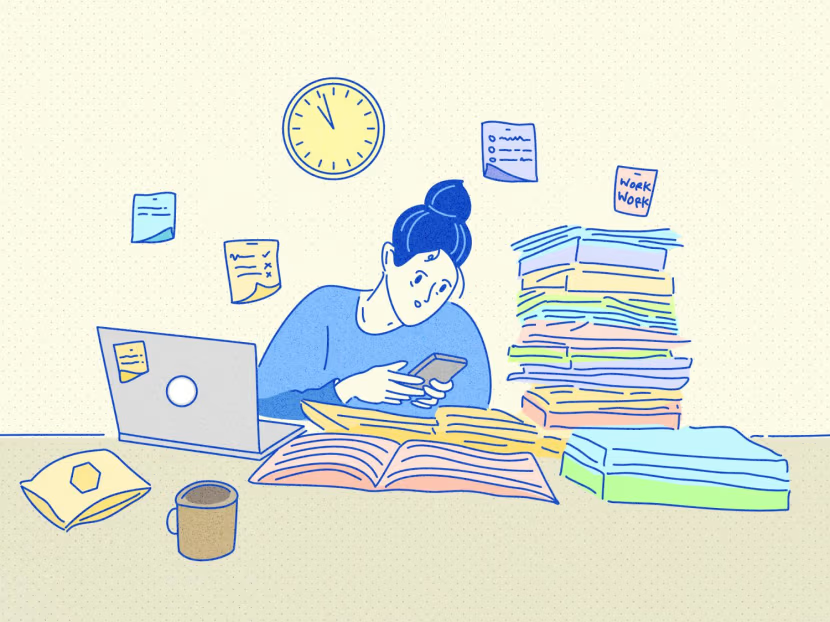Procrastination is the silent killer of productivity, especially when it comes to studying. It’s that insidious habit of delaying or postponing tasks, often leading to stress, missed deadlines, and subpar performance. However, with the right strategies and mindset, it’s possible to transform your study routine from one marred by procrastination to one that thrives on productivity. This article will guide you through the process of making that transformation, helping you to achieve your academic goals more efficiently and effectively.
Understanding Procrastination:
Before we dive into solutions, it’s important to understand why we procrastinate. Common reasons include fear of failure, perfectionism, lack of interest, and feeling overwhelmed. Recognizing these triggers is the first step in overcoming them.
Setting Clear Goals:
To combat procrastination, start by setting clear, achievable goals. Break down your study material into manageable chunks and set specific targets for each study session. This approach makes your tasks seem less daunting and provides a sense of accomplishment as you check items off your list.
Creating a Study Schedule:
A well-structured study schedule can work wonders for productivity. Allocate specific times for studying, breaks, and leisure activities. Stick to this schedule as closely as possible, treating it like a commitment to yourself.
Eliminating Distractions:
Identify what commonly distracts you—social media, TV, your phone—and take steps to minimize these distractions during study time. This might mean using apps that block certain websites or setting your phone to ‘Do Not Disturb’ mode.
Using the Pomodoro Technique:
The Pomodoro Technique involves studying for 25 minutes, then taking a 5-minute break. This method helps maintain focus and prevents burnout. After every four ‘Pomodoros,’ take a longer break. This technique can make studying feel more manageable and less prone to procrastination.
Prioritizing Tasks:
Not all tasks are created equal. Prioritize your study material based on deadlines and importance. Tackling high-priority tasks first can reduce stress and make your study sessions more productive.
Staying Motivated:
Keep your motivation high by reminding yourself of the bigger picture—why you’re studying in the first place. Set up a reward system for completing tasks or reaching milestones. This could be something as simple as a snack, a short walk, or an episode of your favorite show.
Seeking Support:
Don’t hesitate to seek support from friends, family, or study groups. Sometimes, accountability to others can be a powerful motivator. Additionally, discussing material with peers can enhance understanding and make studying more enjoyable.
Conclusion:
Transforming your study routine from one of procrastination to productivity is a journey that requires self-awareness, planning, and commitment. By setting clear goals, creating a study schedule, eliminating distractions, using techniques like the Pomodoro, prioritizing tasks, staying motivated, and seeking support, you can overcome procrastination and achieve your academic goals. Remember, productivity is a habit that can be developed over time, and with persistence, you’ll find yourself studying more efficiently and effectively than ever before.
